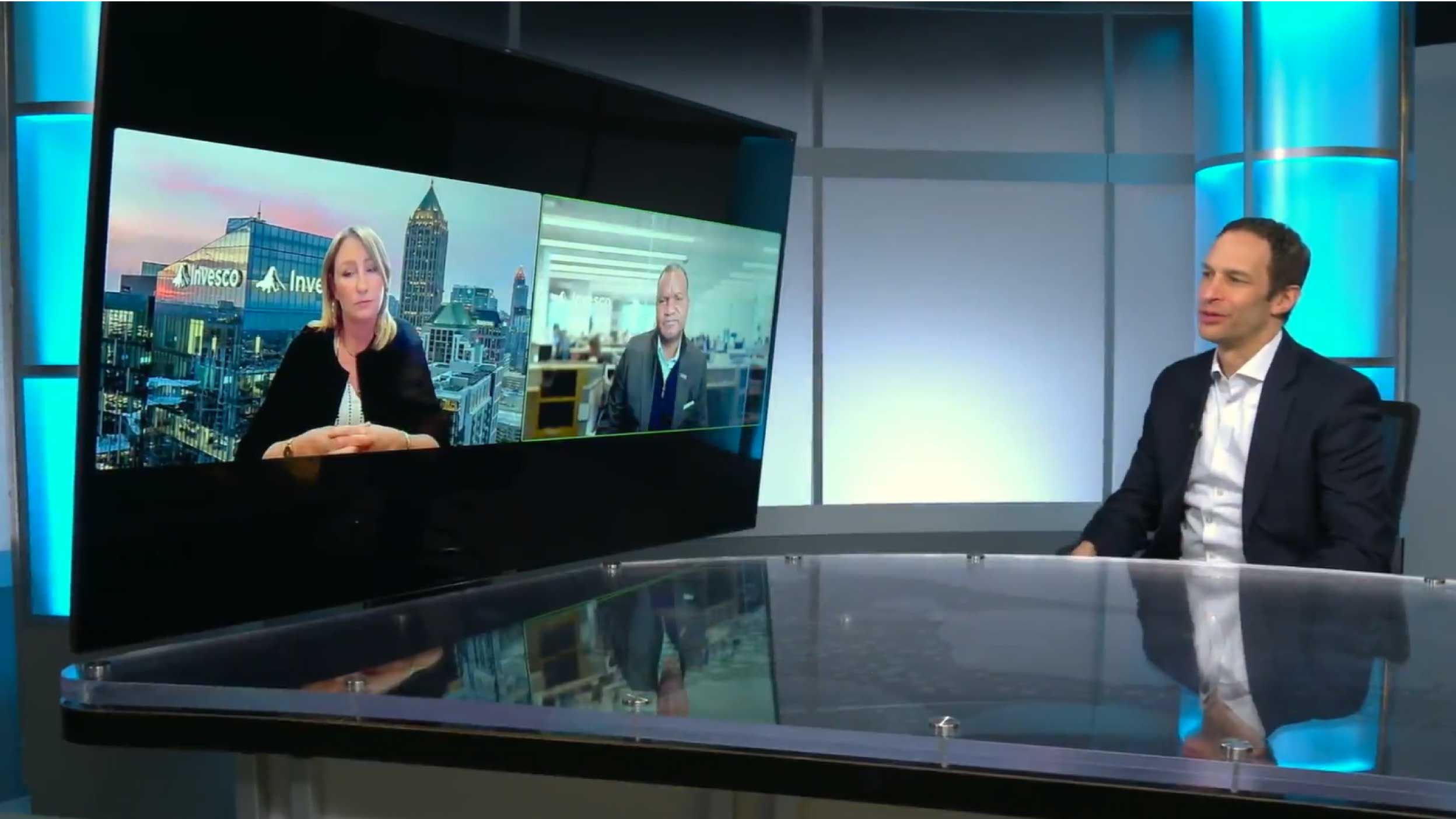How could the candidates’ policies impact the US economic outlook?
Brian Levitt: It’s not necessarily specific policies that meaningfully impact the economy. Rather, periods of uncertainty or lack of clarity can stall decision-making. Consider 2018, for example. Most people don't remember 2018 as a year in which the US flirted with recession, but there was a lot of uncertainty around trade policy that actually led business investment in the US to slow significantly. By the time the Trump administration provided greater clarity on what the tariffs would be, the market had a much better time dealing with it, so 2019 was actually a great year for markets. But it’s uncertainty that can cause problems.
What does history tell us about market gains over different administrations?
Brian Levitt: The markets have usually done well across most administrations — Republican and Democratic. The only time that markets have done poorly is if the president had bad timing. So, the only time you've had negative returns — which were, quite frankly, slightly negative returns — over the course of an administration was George W. Bush. His term ended in the global financial crisis. Then there was Richard Nixon, who didn't finish his second term, but it ended during the 1973-1974 recession. Every other president has presided over seen good returns. In fact, Biden and Trump presided over very similar market advances in their terms.
What would a Trump presidency mean for clean energy?
Brian Levitt: It's interesting when you look at clean energy versus traditional energy, the returns are very different under Trump and Biden than what you would expect. When Trump won in 2016, I think most believed traditional energy would do well. It did not. Some of that was due to COVID-19, some of that was due to oversupply — but clean energy outperformed meaningfully. Paradoxically, when Biden won, the exact opposite happened.
Could Fed actions and their impact on the economy play a role in the election?
Brian Levitt: The Federal Reserve has a dual mandate of price stability and full employment. They take it very seriously. They are not trying to get presidents elected. In the mid-nineties, Alan Greenspan lowered rates, and that wasn't to help Bill Clinton get re-elected as Greenspan was a known conservative.








